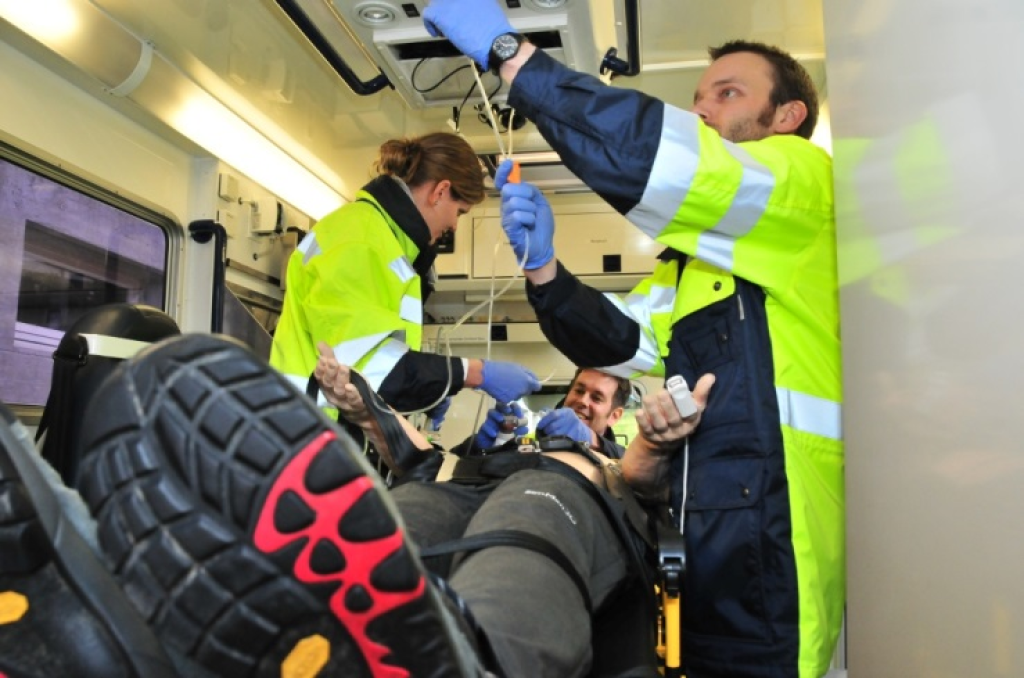Rescue Services in Switzerland. Structures, Services and skilled personnel
Rescue services play a key role in the medical care of emergency patients. They are called up by the medical emergency call centres, provide the professional pre-hospital care on site and decide on the further treatment of the patients.
However, in spite of their importance for the healthcare, there is hardly any comprehensive data on the rescue services, the number and performances thereof, the overall rescue service personnel or whether there is a shortage of skilled personnel in the rescue services, too.
These information gaps have been reviewed as part of this project by means of the first national survey on the rescue services in Switzerland. The following questions were at the centre of the project:
a) Labour market situation
- How many employees (number/Full-time equivalents), with which formal qualifications, in which positions are currently employed in the Swiss rescue services?
- What is the percentage of semi-skilled and unskilled employees and what is the demand for upgrading qualification?
- How many foreign specialists are employed in the rescue services? Are their formal qualifications recognized in Switzerland?
- What is the age structure of the skilles personnel and which demand for replacement is expected due to the upcoming retirements?
- Where are the biggest recruitment difficulties evident now? Where are there excess capacities?
- Which regions and what kind of rescue services are most affected?
b) Performances of the rescue services
- What types of medical care services are provided by the Swiss rescue services and to what extent?
- How do these medical care services differ according to the regional and structural characteristics of the rescue services?
SFIVET conducted a full-scale survey on the Swiss rescue services on behalf of the Swiss Health Observatory, in collaboration with BSS. Economic Consultants, the Swiss Association of Paramedics (VRS) and the Inter-association for Rescue Services (IVR). The purpose was to create an up-to-date and comprehensive data set on the rescue services in Switzerland, as basis for statements regarding the personnel situation and the training needs.
A full-scale survey on the ground-based rescue services connected to a medical emergency call centre in Switzerland was conducted in the autumn of 2016 over a period of two months. 88% of all rescue services participated in the online survey. The results can be classified as representative, since the missing 12% of non-participating rescue services do not systematically differ according to the language region or the funding body. In addition, together they do not even cover 5% of the total volume of operations. The data were descriptively analysed by region, size, organising institution, as well as by the sex and age of the employees or of the patients who received medical care.
